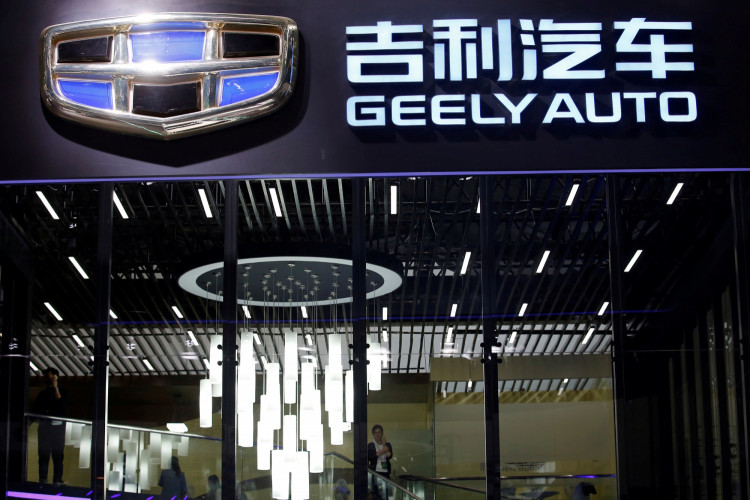Chinese automotive manufacturer Geely Auto has launched a new premium electric vehicle brand aimed at taking on domestic and international competitors, including the locally-made Tesla models.
The new brand, which the company will market alongside its other marquees, is meant to better position offerings in the rapidly growing premium electric car segment. The company launched the new brand called Zeekr Tuesday.
Geely, China's largest domestic car brand by vehicles sold, already owns several marquees such as Volvo and Lotus. Geely Chairman Li Shufu previously said that he plans to turn the company into China's first global automaker with a reach similar to Germany's Volkswagen.
Investment Plans
An initial investment of $307 million is planned into the new company. Zeekr is expected to begin deliveries in the third quarter. Geely initially announced plans to set up a separate electric vehicle brand last year.
Establishing a new brand focused on building electric vehicles could help Geely revitalize its sales momentum but it will still be facing fierce competition in the segment.
Apart from local competitors such as Nio, Li Auto, and Xpeng Motors, the company will also have to contend with international players such as Tesla. Major automakers such as Ford, BMW, and Daimler are all planning to launch additional electric models in China this year.
Earnings Battered
Analysts said that the move to build an entirely new brand is a big gamble for the company whose finances were battered during the pandemic last year. The global health crisis resulted in a 33% drop in Geely's net profits last year.
According to its earnings report released Tuesday, Geely's unit sales in 2020 also fell by 3% to 1.32 million, below its projected target of 1.41 million units.
"The venture will likely be costly for Geely in the near term but it is a necessary move for the automaker as it seeks to take on Tesla," analysts at consultancy company Automotive Foresight said.
Automotive Foresight said that major carmakers are being forced to set up separate brands that operate like startups to meet the demand of younger Chinese buyers looking for high-tech vehicle products.






